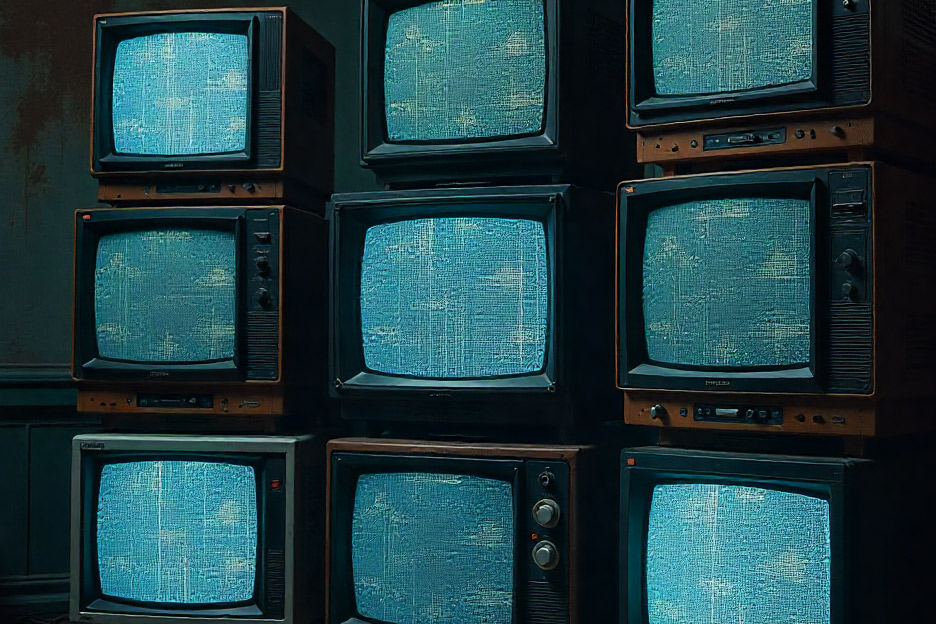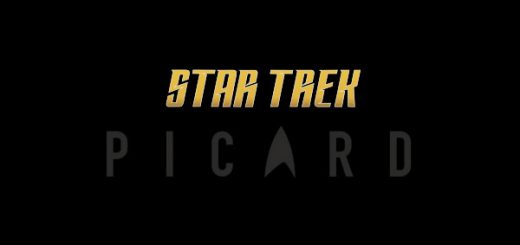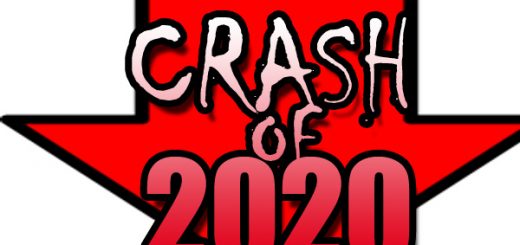the good enuf rvlutn
I have discovered more and more I read the flailing Wired magazine the same way I read The Onion, mostly for a laugh at the outrageous and humorous things that appear there. In the Sept 2009 edition (their 17.09), they have once again gone down the road of attempting to jump in from on a trend and call it their own.
The Good Enuf Rvlutn tries desperately to make the case that the public isn’t as interested in the best products or evolving ideas, but rather are willing to accept lower tech, lower ability products because they are “good enough”. Reading the article, you can see that Robert Capps is trying pretty hard to stretch things pretty far, perhaps as an attempt to write a book similar to his boss Chris Anderson’s latest Free: The Future Of A Radical Price. Anderson’s book has sunk almost without a trace off the best seller lists, appearing in the 15th and last position of the NY time Business hardcore book list.
Reading Capps’ article, it is pretty easy to see that he started with the conclusion and attempted to make the facts fit the theory. MP3s get a fair bit of play here, in part I think because it allows Capps to quote noted Guru Clay Shirky.  His theory is that people accept the MP3 sound quality because it is good enough, and that other formats have failed because MP3 is good enough for most people. While this may be correct, the reasons aren’t at all to do with what people are willing to tolerate, but other significant forces over the years.
You only have to go back to the days before MP3. Most people listened to either cassette tape walkmans, or FM radio. Both of these formats are somewhat to significantly limited, compressed, and lacking in dynamics. The top of the line was a CD, which at that time would be played back on a machine sampling at 44mhz (giving sound up to about 22mhz, in theory). That was super duper hi-fi, high end, and more than “good enough”, it was better than pretty much everything a consumer could get.
Enter MP3s.  All an MP3 had to do was be between FM radio and CD quality, and everyone was happy. After all, most of the people were listening to the music on their computer speakers, which were usually little plastic things with little musical ability. If they did listen with headphones, it was with earbuds that had even less musical ability.   The size of an MP3 file was basically limited by the speed at which data was transferred online.  Even when connection speeds increased, there was no need to increase sound quality because the quality of the “new” MP3 portable players on the market wasn’t that great anyway.  As we continue to use earbuds for the vast majority of our MP3 listening, super high fidelity isn’t really a true need.
Further, MP3 is the established format in the field. Similar to the Betamax / VHS discussion, the better technical format did not win for various reasons. With the widespread installation of VHS machines in almost every household, it took years for DVDs to uproot them. It has only been in the last 2 years that major electronics stores stopped selling commercial VHS players. DVDs offer a significanly better picture than VHS, but was limited by the abilities of the television sets they were playing on.   DVD quality is good enough that even now, with Hi-DEF televisions and the Blu-ray format, most people are still using DVDs. In the same manner that it took years to uproot VHS, it will take a similar amount of time for BluRay to kill off the DVD.
It isn’t a question of “good enough” but rather a set of circumstances and barriers that are often not on the individual product, but on the things around it. There is little need for MP3 to be replaced by anything else, because the fidelity of the players that most people listen to downloaded music on still hasn’t caught up to the 2001 file format. Similarly, there is no reason to move to Bluray because the playback from a DVD far exceeds what people were use to before.
Copps then goes on to name the Amazon Kindle as a sign of “good enough”, where the product is in fact more in the “early adopters” phase.  While he cites projections of 310 million of e-book sales for 2009, he fails to mention by comparison that Amazon’s overall first quarter sales 2009 have been 4.89 billion. The sales of ebook materials in that is just this side of a rounding error, typical of products in the “early adopter” phase. It isn’t a question of good enough, but a situation similar to people who bought huge 1/2 inch betamax tape machines for home before residential size VCRs were really available. Kindle as a concept may in fact take off if and when the costs come down to the point where the general public can warrant paying for it, or that the software product offer is so compelling that people will work with the limitations. It isn’t a question of a good enough product (Kindle) but rather other limitations that currently exist (such as a limited number of books to buy, limited online content, few if any newspapers or other productions moving to this format, etc).
Much of it also comes down to not so much “good enough”, but that the needs have long since been covered and we are now down to design and additional features. He posts the Netbook / Laptop situation, and punts this one into the weeds as well.  Laptops are still fairly expensive, and outside a small part of the market that require extensive computing power while on the road, they are also little more than status symbols for their owners. Netbooks do all the things that most people go online to do anyway. It isn’t a question of “good enough”, but rather of needs met, end of problem. I suspect that most people who own netbooks also own a desktop or work at a desktop during the day.  Their needs for computing power beyond email / surfer / simple tasks are met when they are in those locations.
In the end, it isn’t the public’s willingness to tolerate a lowered end product, but in each case that the product meets all the needs of the market place. More advanced products, more complicated products, more involved interfaces are in the want category, not the needs.   Attempting to rename “meeting the needs” as the “good enough revolution” is just tagging, nothing more.  It is also what Wired seems to becoming more and more about these days, spotting unrelated items and attempting to rewrite history a bit to appear to look like they are ahead of the wave.  I remember when Wired was actually ahead of the wave, but articles like this one prove that they have long since passed their stale date.











